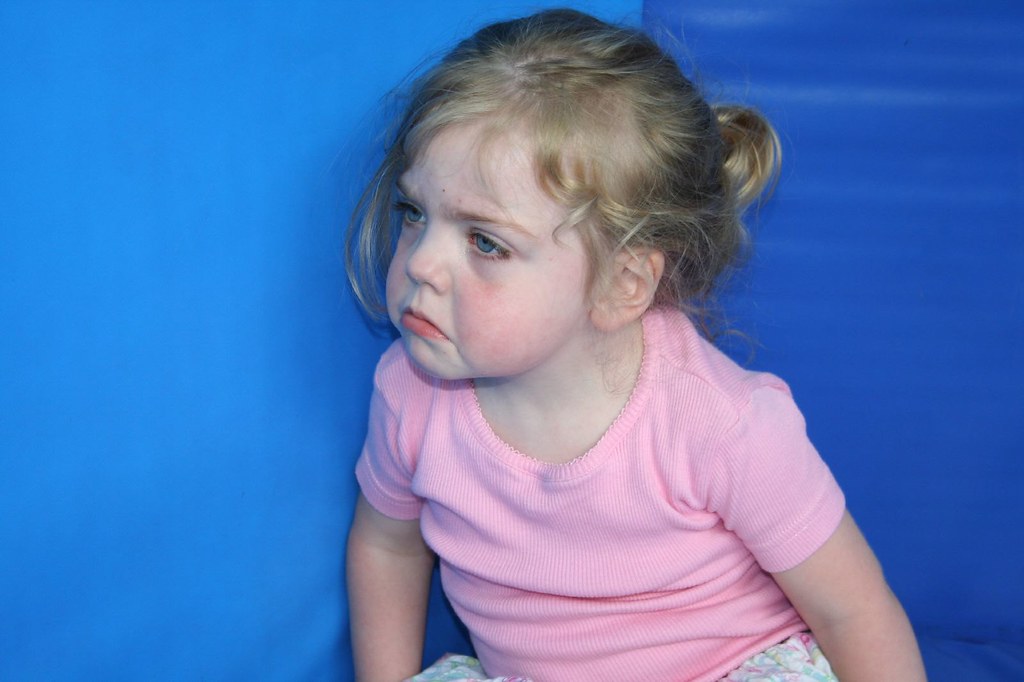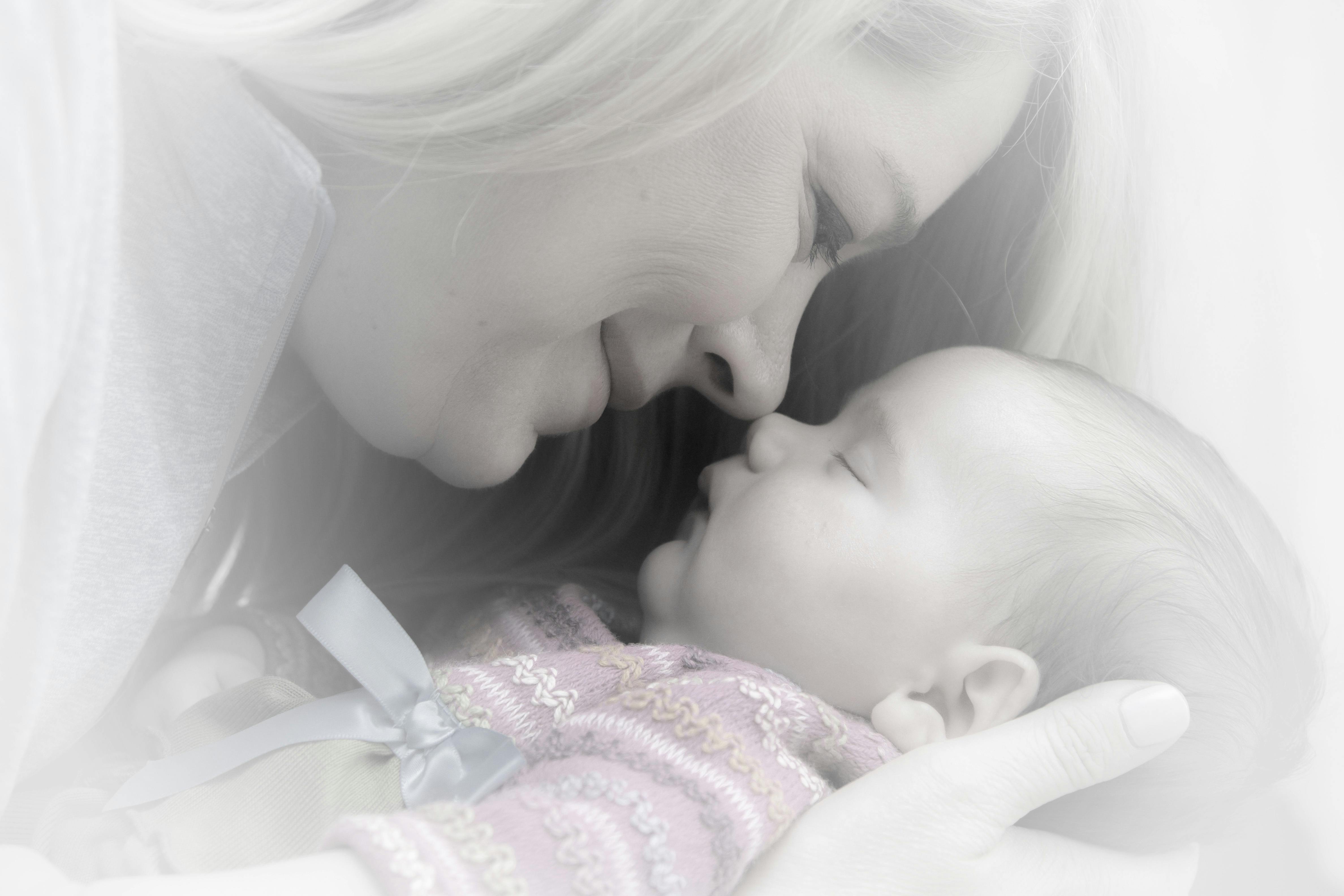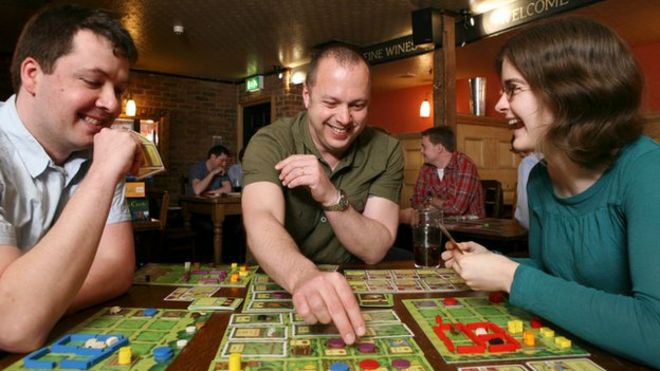
It has been a long day and
it’s only 8:30 am, so I’m taking a time out because it’s finally time for
breakfast.
The offspring are not happy
with their mommy, because their mommy didn’t give them every little thing they
wanted, and now mommy is so tired that she’s talking in the third person, which
is never a good sign.
Don’t get me wrong, I want my
kids to be happy. What I have to keep in
mind, the little bit of mind that’s still functional, is what makes my kids
happy now in this fleeting moment might not make them happy in the long
term.

If I give my children every little thing they want, that will make them happy. It might even boost their confidence for like a solid two hours. But what will it teach them? A lie. A lie that life just showers you with whatever you want. And when they realize, “Oh shoot, that’s not the way the world works,” then they’re going to be miserable; long term unhappy.
They need to learn that you can’t and shouldn’t go through life only doing what makes you 100% happy every single minute.
Wiping my kid’s butt—that
doesn’t make me happy, but you know what, I don’t want him walking around
smelling like a turd.
Scrubbing
toilets—not my favorite thing. Paying
bills—hate it! Pap smears, not enjoyable
in the moment. But in the long term,
they’re probably a good idea.
I want to teach my kids to
endure the boring and mundane and messy parts of life and then make the best of
them.
And on that same note, let’s
talk about disappointments. The kid
doesn’t get what he wants, and then he says “Oh, I’m disappointed.”

And the parents are like, “Oh, no! Sweetie, angel, precious little royalty. Let’s fix your disappointment.” Uh, uh. Let’s not fix it, because you know what? In real life you’re going to face disappointments the way every single human being does, and not all disappointments are fixable.

And the parents are like, “Oh, no! Sweetie, angel, precious little royalty. Let’s fix your disappointment.” Uh, uh. Let’s not fix it, because you know what? In real life you’re going to face disappointments the way every single human being does, and not all disappointments are fixable.
But another entitled brat who
was raised by parents who just indulge, indulge, indulge instead of preparing
and guiding and teaching, might just kill my faith in humanity.
You know what will make my kids happy and confident long term? Knowing there are consequences for their actions. Knowing how to take care of their own basic needs because mommy and daddy won’t always be around. Knowing that the world isn’t going to bend over backwards to make them happy.
You know what will make my kids happy and confident long term? Knowing there are consequences for their actions. Knowing how to take care of their own basic needs because mommy and daddy won’t always be around. Knowing that the world isn’t going to bend over backwards to make them happy.
You know where happiness and
confidence comes from? Our attitude, our accomplishments, our actions, not our
belongings, not from being spoiled. Not
from someone always catering to us or agreeing with us.
For example, eating this pan
of brownies right now is making me really happy in this fleeting moment, but in
the long term, I’m going to feel sick.
Which basically means I’m a hypocrite. But I want to do better for my children than for myself. Yeah. So should you. So should you.
Which basically means I’m a hypocrite. But I want to do better for my children than for myself. Yeah. So should you. So should you.
Truth bomb mom
https://www.youtube.com/watch?v=xB0KhiLWGYg
(copy and paste)
https://www.youtube.com/watch?v=xB0KhiLWGYg
(copy and paste)















